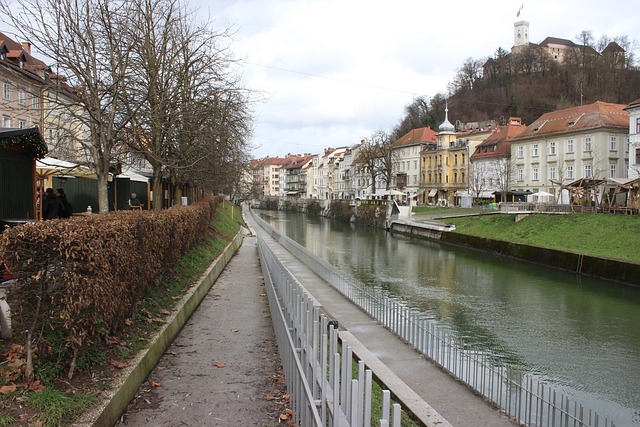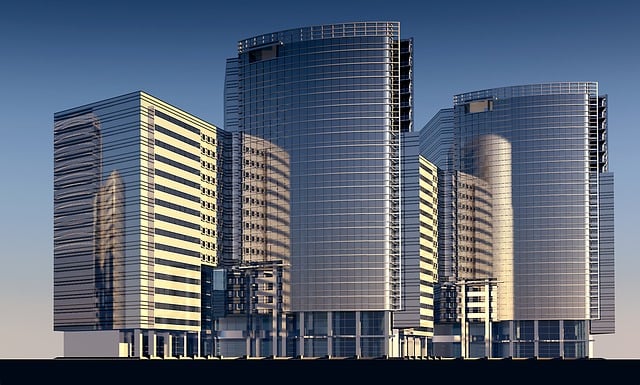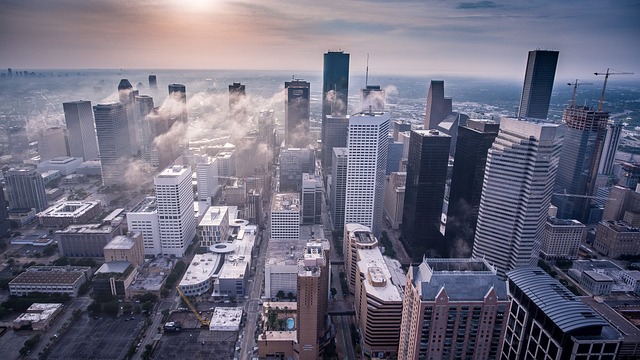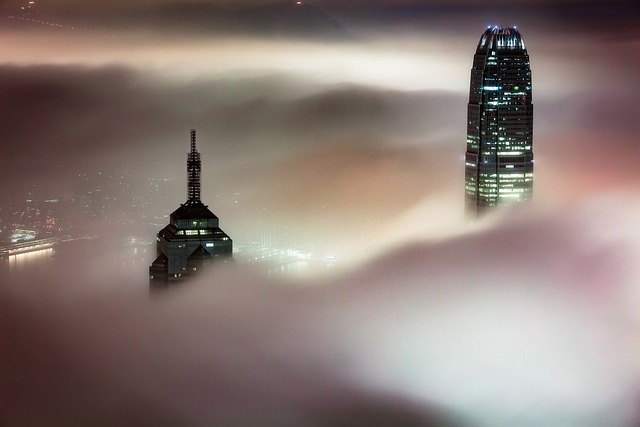Mosques in Karachi's Muslimabad Society are integral to the city's cultural identity and community well-being, serving as both spiritual centers and vibrant community hubs for centuries. These architectural treasures reflect Karachi's rich history and diverse influences, facilitating gatherings, education, and social welfare programs that foster unity and belonging among residents. Iconic mosques like Masjid-e-Faisal and Shah Faisal Mosque attract locals and tourists alike, showcasing the region's artistic traditions and contributing to the city's vibrant tapestry in the modern era.
Mosques in Karachi’s Muslimabad Society are more than just places of worship; they are beacons of history, culture, and community. This vibrant neighborhood boasts architectural marvels that reflect the rich heritage of Islam, shaping the city’s skyline. Beyond religious functions, mosques serve as vital community hubs, fostering social cohesion and preserving Islamic traditions. Through these structures, the Muslimabad area in Karachi continues to weave a tapestry of shared beliefs and cultural practices, reinforcing its unique identity in the broader urban landscape.
- The Historical and Cultural Significance of Mosques in Karachi's Muslimabad Society
- Architectural Marvels: Iconic Mosques Shaping the Skyline of Karachi
- Community Hubs: Role of Mosques in Social Cohesion and Islamic Practices in Karachi's Muslimabad Area
The Historical and Cultural Significance of Mosques in Karachi's Muslimabad Society

Mosques have been the heart and soul of Karachi’s Muslimabad Society for centuries, serving as both places of worship and cultural hubs. Their historical significance is deeply rooted in the city’s evolution, with many mosques dating back to the era of ancient trade routes and colonial rule. These architectural marvels not only reflect the diverse cultural influences that have shaped Karachi but also stand as testaments to the resilience and diversity of its Muslim community.
In Muslimabad Society, mosques are more than just religious sites; they are centers for community gatherings, educational activities, and social welfare programs. They foster a sense of belonging and solidarity among residents, providing a space where people from all walks of life can come together, share their experiences, and support one another. The cultural events, lectures, and festivals organized within these walls enrich the fabric of Karachi’s identity, making mosques integral to the city’s vibrant tapestry in the modern world.
Architectural Marvels: Iconic Mosques Shaping the Skyline of Karachi

Karachi, as Pakistan’s economic hub, boasts a vibrant Islamic architecture scene, with iconic mosques standing tall and shaping the city’s skyline. These architectural marvels are not just places of worship but also serve as cultural landmarks, reflecting the rich heritage and diverse artistic traditions of the region. The design and construction of these mosques showcase the skill and creativity of local architects, incorporating elements from various Islamic art forms.
From grand domes to intricate carvings, these structures attract locals and tourists alike, offering a unique blend of spiritual serenity and architectural splendor. Mosques like the Masjid-e-Faisal and the Shah Faisal Mosque are not just visual treats but also serve as centers for community gatherings, prayers, and cultural events, making them integral parts of Karachi’s social fabric.
Community Hubs: Role of Mosques in Social Cohesion and Islamic Practices in Karachi's Muslimabad Area

In Karachi, especially in the Muslimabad area, mosques serve as vibrant community hubs, fostering social cohesion and facilitating Islamic practices. These places of worship are not merely sites for religious rituals but also centers where residents gather, interact, and build strong social connections. Mosques in Muslimabad play a pivotal role in bringing people together, transcending age, gender, and socioeconomic backgrounds, to share common values and beliefs.
From community gatherings and educational programs to charitable initiatives and festivals, mosques in Karachi’s Muslimabad area are the backbone of local social life. They provide a space for open dialogue, cultural exchange, and mutual support, enhancing the overall well-being and unity within the diverse communities that call this place home.
Mosques in Karachi’s Muslimabad Society serve as more than just places of worship; they are architectural marvels, historical landmarks, and vibrant community hubs that play a pivotal role in shaping the social fabric and cultural identity of the region. Through their rich history and diverse designs, these structures reflect the deep-rooted Islamic traditions and values within the Karachi ecosystem. As essential components of Muslimabad Society, mosques continue to foster cohesion, enhance religious practices, and contribute significantly to the city’s vibrant tapestry.
